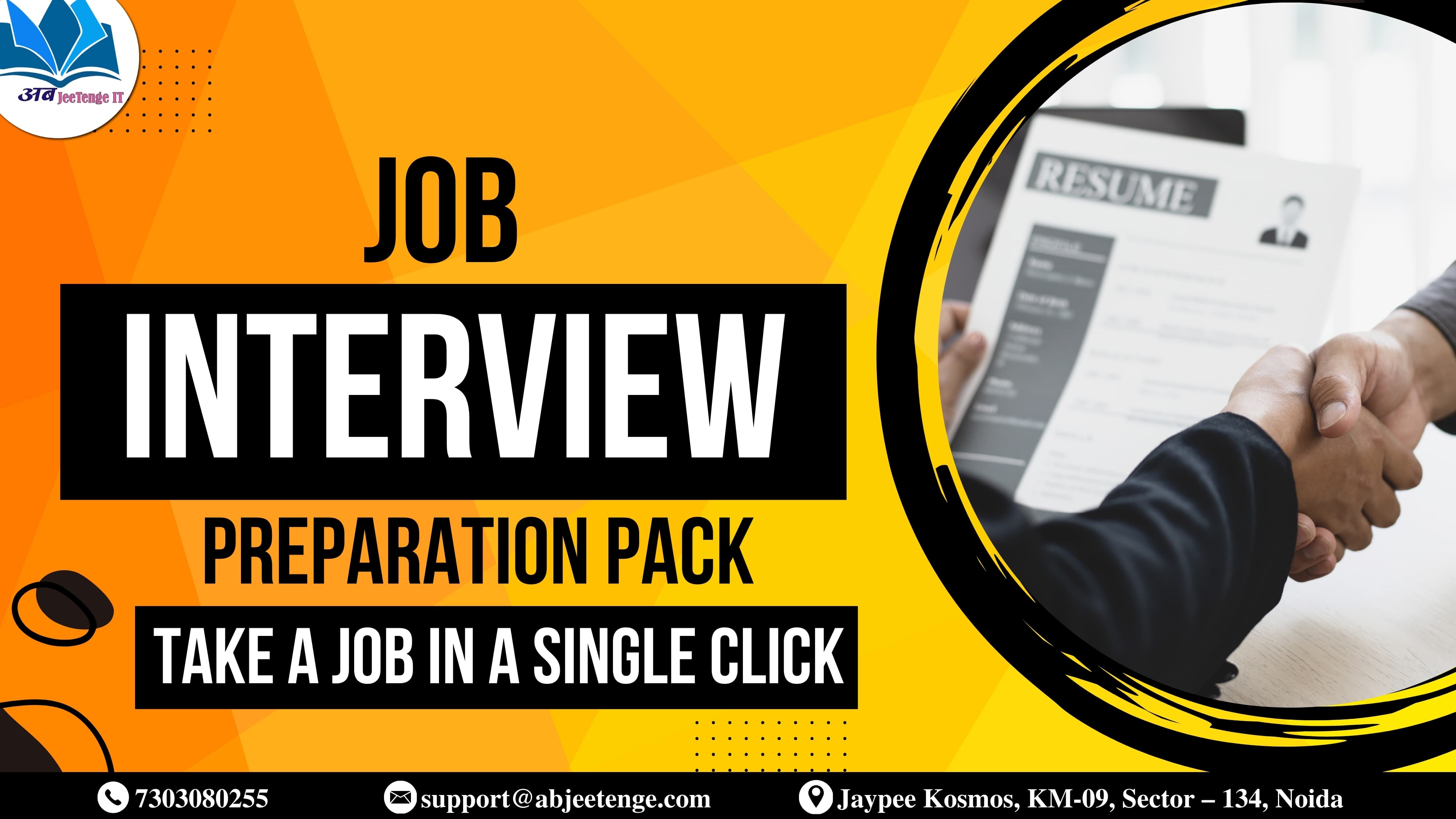Rapid Growth Plan In Jobs & Interview Preparation Package
Description
Preparing for interviews can be a multifaceted process, but here's a comprehensive "interview preparation kit" covering various aspects that can benefit students and professionals across different job types:
1. SelfAssessment:
Identify your strengths, weaknesses, skills, and career goals. Reflect on past experiences, achievements, and challenges to draw relevant examples for interviews.
2. Research:
Research the company, its culture, values, products/services, and recent news. Understand the industry trends and competitors to demonstrate your industry knowledge during the interview.
3. Resume Review:
Ensure your resume is uptodate, tailored for the job, and errorfree. Practice talking about your experiences and accomplishments listed on your resume.
4. Mock Interviews:
Conduct mock interviews with friends, family, or career advisors to simulate real interview scenarios. Solicit feedback on your communication skills, body language, and responses to common interview questions.
5. Behavioral Questions Preparation:
Prepare STAR (Situation, Task, Action, Result) or CAR (Context, Action, Result) stories to answer behavioral questions. Practice articulating your experiences using specific examples that demonstrate relevant skills and competencies.
6. Technical Skills Review (If Applicable):
Review technical concepts, tools, and methodologies relevant to your field or industry. Solve practice problems or work on sample projects to reinforce your technical skills.
7. Communication Skills Enhancement:
Practice active listening, clarity in speech, and effective verbal and nonverbal communication. Work on articulating your thoughts concisely and confidently.
8. Dress and Appearance:
Choose appropriate attire based on the company culture and industry norms. Ensure your grooming and appearance reflect professionalism and attention to detail.
9. Questions for the Interviewer:
Prepare insightful questions to ask the interviewer about the role, team dynamics, company culture, growth opportunities, etc. Demonstrate your interest and engagement in the conversation by asking relevant questions.
10. Mindset and Confidence Building:
Practice relaxation techniques to manage interview nerves and anxiety. Cultivate a positive mindset, visualize success, and focus on your strengths and capabilities.
11. FollowUp Plan:
Prepare a strategy for sending a thankyou email or note to the interviewer(s) after the interview. Express gratitude for the opportunity, reiterate your interest in the position, and highlight key points from the interview. By incorporating these preparation points into your interview routine, you can enhance your confidence, performance, and chances of success across various job types and industries.

